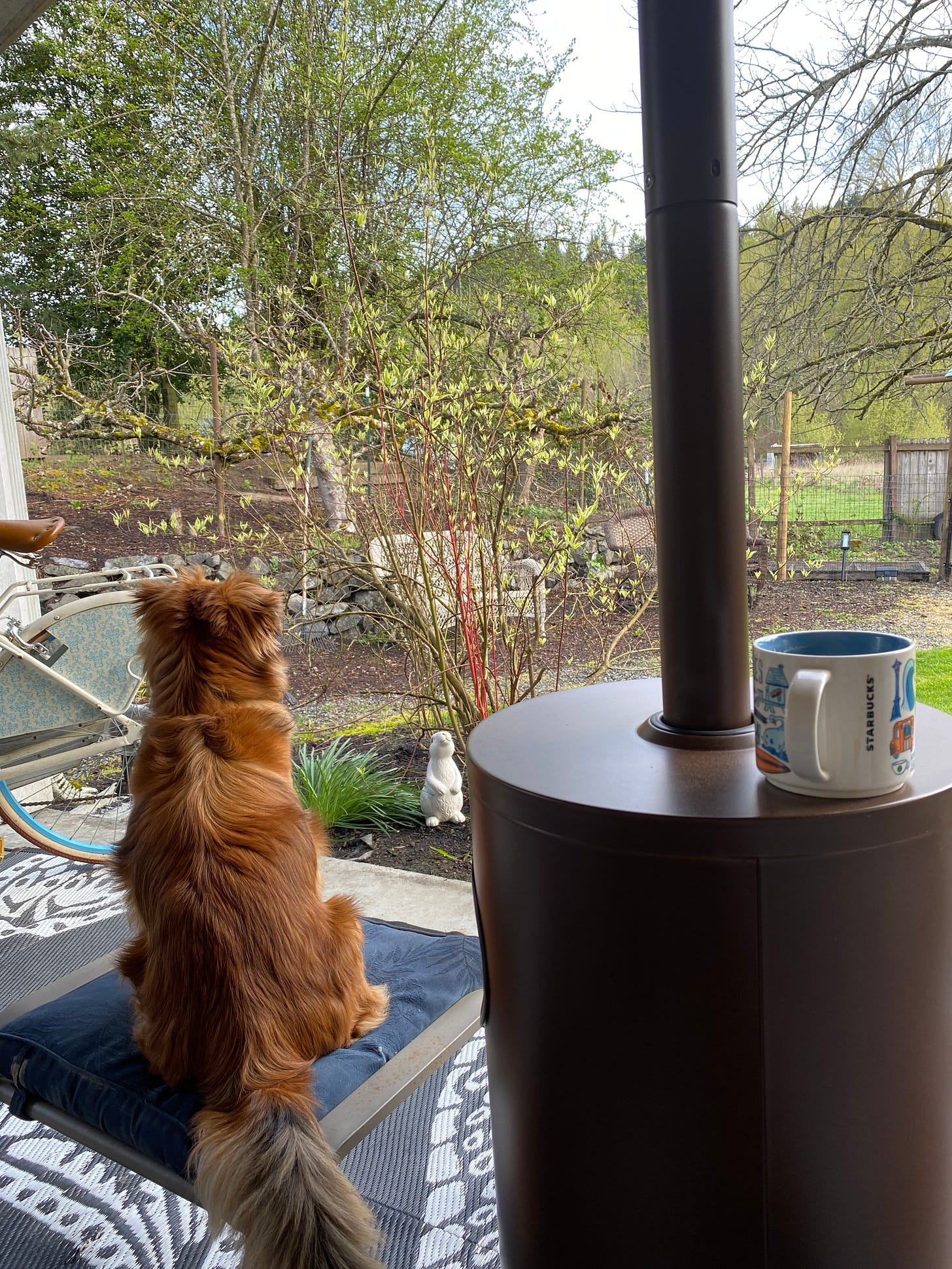Why Was I So Clueless about Self-Care?
#8 in the series: What I Wish I had Known Before Beginning Therapy
Why was I so clueless about self-care?
Where do I even begin with this? There were so many reasons!

Some of the reasons were because of my religious upbringing, while others were due to an American overemphasis on being a productive citizen. Other reasons were because of cultural ideas surrounding what it means to do self-care. Finally (maybe), there was the impact of trauma. I had no idea what type of self-care would be needed during therapy or why it would be important.
Here are my top five things I did not understand about self-care—there are many more, but this is a good start.
Self-Care is Not Selfish: One of my best survival strategies involved placing the needs of everyone else before my own. The affirmations I received by serving others felt good and I believed this was self-care. In a good way, it was. In an unhealthy way, it left my tank three-quarters empty most of the time. Spending money and time on therapy for me was going to feel selfish. It was also difficult to fit the time to go to therapy and process between sessions into my already too busy life.
Self Care is Both Physical and Emotional: I was in better shape physically than at any other time in my life. For many reasons (injury, moving, a pandemic, changes in routines, finances, etc.) it became difficult to maintain that physical health. While this was a physical problem, it took a toll on my emotional health also. I tended to overemphasize physical self-care (exercise, yoga, walking, healthy eating) before therapy and did not develop self-care routines that involved self-regulation activities, creative expression, and safe relationships that would support me as I healed.
Self-Care Includes Setting Boundaries: It is generally true that survivors lack an understanding of boundaries and how to maintain them. This is specifically true as it pertains to guarding your time for therapy and processing. It may be the least understood aspect of the therapy process. Your brain and body require time to adjust to new ways of thinking and feeling. Much of this takes place directly after leaving the session and you will need space. Set boundaries around that time and plan ways that others can help you on those days.
Self-Care is Individualized: What I learned is that lists of ideas for self-care did not fit me very well. There might be one or two ideas, but depending on those lists to know what self-care meant often got in the way of realizing what fit for me. Writing was always obvious! Less obvious were watching birds, working puzzles, creating collages, taking photos, organizing things, and laughing. I also stumbled upon book clubs, and volunteer opportunities (though I should have set more boundaries around that one!)
Self-Care Involves Developing a Sense of Self: This probably needed to go before #4 since it is almost impossible to know what works for self-care if you don’t actually know who you are. I found myself doing what other people (therapists included) suggested for self-care and often found it to be more stressful than helpful. Meditation was one of these! Silence was not a good place for me to begin self-care! What helped me most was to return to those things I enjoyed as a child.
Children intuitively know what they enjoy! When I was a child my parents bought an album of classical records. I think I may have been the only one who listened. Taking this as a clue, one of my self-care methods began by listening to instrumental music. I was a bit concerned when listening caused me to shake, but once I understood the shaking was releasing trauma, it simply became a part of my nightly routine. The shaking gradually decreased!
It is possible you are doing self-care and not recognizing it as such and feeling like you are wasting time. My bird watching fell into the category for way too long. My new cottage porch has helped me embrace this self-care!
Why is self-care so essential during the healing process? Inherent in this process is the release of trauma. This is part of the process that will eventually allow your body to self-regulate more easily (discussed earlier in this post). If you focus only on the hard work of processing trauma without balancing the work with self-care that allows your body to release calming hormones, it will overwhelm you!
Side Note: I am often asked why I believe our world is currently so impacted by trauma. I discuss this in a chapter in Trauma in the Pews and believe it is in large part because we have lost the natural ways that our bodies process trauma. I will be discussing this further in the Trauma in the Pews 2.0 series of posts.
Note: All information and resources presented in these newsletters are drawn from my personal story and do not replace professional psychological care for mental health issues. My legal and ethical advice is always to seek professional help.




I appreciate your diving-in this topic! I felt (and am still working on this at times) selfish about doing something for me! I definitely grew up with a major martyr example (my mom) and that led to years of trying to emulate her “selfless” ways. At 54 I am just starting to figure out who I am, and I can finally say, “I like me!”
PS - love the view from your back porch!! 😉😘